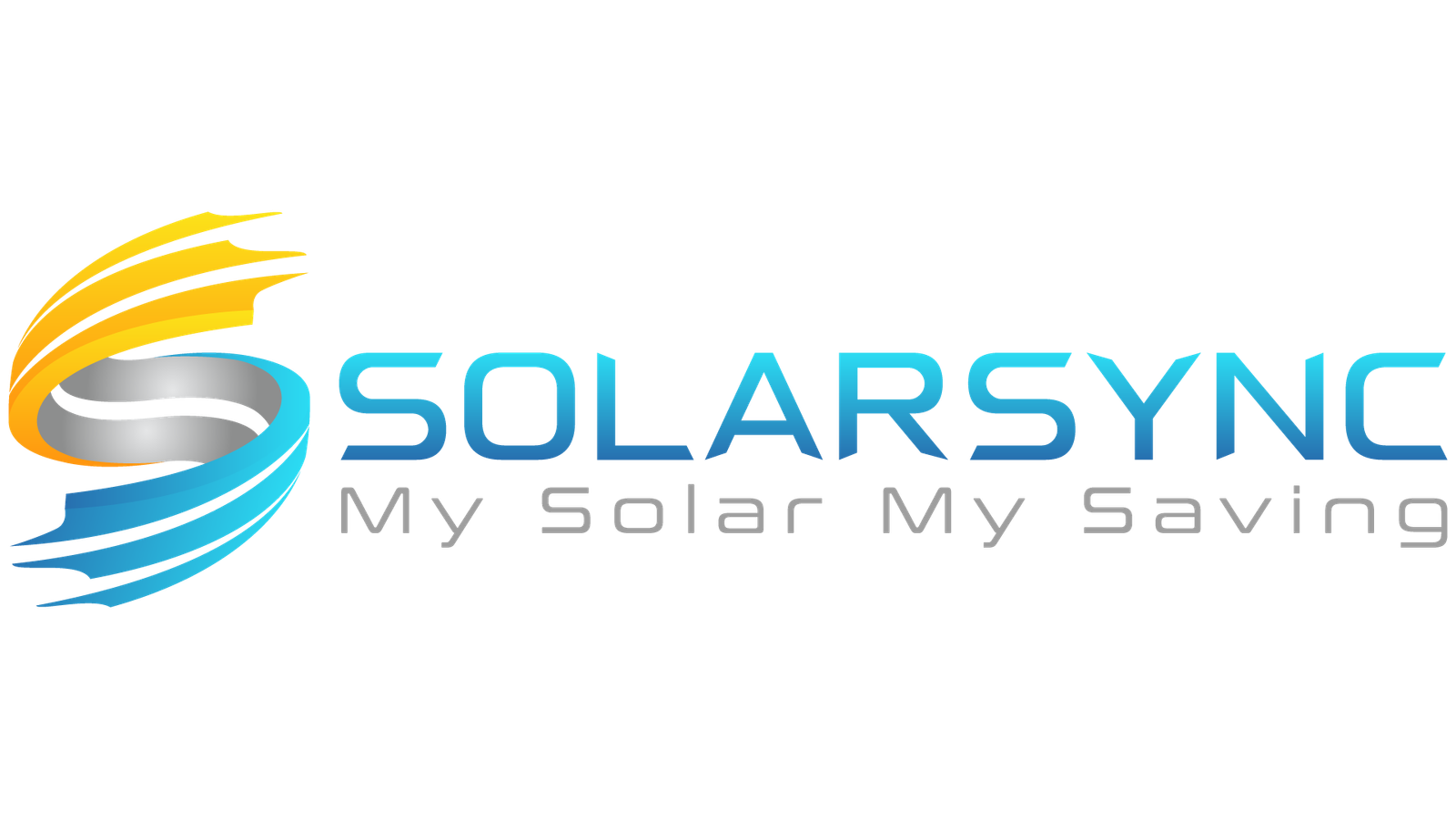Solar power usage is on the rise throughout the India.
According to the Ministry Of New And Renewable Energy(MNRE), a new solar energy system was installed every 75 seconds in 2020. Currently, 18.6 million homes use solar power, which is around 3% of the country’s total energy usage.
That’s a huge step up from previous years; and if this pace continues, we can expect to see approximately 13.6% of homes relying on solar by 2025.
But with a solar panel system typically come battery or generator needs. And they’re experiencing a recent surge in popularity, too: The COVID-19 pandemic, increased risk of natural disasters and worsening storms due to climate change, and an aging electric grid infrastructure have urged homeowners to explore backup systems to keep their power on during potential outages.
In fact, the MNRE predicts that “[b]y 2025, nearly 25% of all behind-the-meter solar systems will be paired with storage, compared to under 6% in 2020.”
So what should you look for in a backup storage system? Your main choice is between a battery or a generator.
WHAT’S THE DIFFERENCE BETWEEN BATTERIES AND GENERATORS?
Batteries and generators are two main types of home power backup systems that can power electricity in your home if an outage occurs.
BATTERIES- Batteries run on electricity and can be charged from either the excess energy your solar panels produce or energy from the grid. If you design your battery to use off-grid backup energy, you can recharge it even if the grid goes down, which gives you security in your power sourcing.
However, not all battery systems can be recharged during a power outage, so if this is a feature that’s important to you, check with your contractor to make sure you have the right system.
GENERATORS– As for generators, some newer models have the ability to use solar energy to charge, but they typically use fuel such as diesel, liquid propane, or natural gas, which converts to electricity for your home. As long as you have the correct fuel (and a sufficient amount of it), your generator will continue to run. But if you were ever to run out of fuel, some generators have the option of connecting to a natural gas line. Not everyone has access to a line, though; if you don’t, consider setting aside extra fuel in your home to prepare for an outage.
MAKING THE RIGHT DECISION FOR YOUR HOME
While batteries and generators have their own set of advantages and disadvantages, it’s best to choose what’s most fitting for you, your home, and your loved ones.
Let’s take a look at how a residential solar power system combined with a generator or battery will keep you self-sufficient in the wake of an emergency.
HOW CAN SOLAR POWER HELP ME PREPARE FOR DISASTERS OR OUTAGES?
It’s easy to dismiss disaster planning as prepping for a worst-case scenario that likely won’t occur, but if we learned anything from the global pandemic and recent, increasingly frequent natural disasters, it’s that we never know when or how quickly our lives can change.
Backup power options are incredibly useful since grids face numerous vulnerabilities, including car accidents, lightning storms, wind, falling trees, and even pesky squirrels that can wreak havoc on energy lines.
Since traditional energy providers feed electricity into homes primarily via coal and natural gas plants, which operate much differently than solar panels during disaster scenarios, they’re immediately shut down when a crisis occurs. This means homes that rely solely on their utilities can lose power entirely.
Additionally, if your power grid, or even a power plant, is damaged during a disaster, the shutdown could last for days to account for the cleaning and rebuilding process.
Storing backup energy from grids or excess power generated by your home’s solar energy system can prepare you for complete power outages. You’ll have the ability to keep the lights on, maintain food storage to prevent spoilage, keep necessary medical equipment running, and even use your laptop for work obligations.
For many, the allure of solar power is sustainability in that it significantly reduces your carbon footprint and provides you with a new sense of energy independence. But solar and backup power will also ensure your safety and empower you to manage unforeseen circumstances.
WHY CHOOSE SOLAR BATTERIES?
Batteries are great for providing instantaneous power for a few hours to keep features that require smaller loads of energy, such as lighting and refrigerators, up and running. Charging an electric vehicle overnight is possible, too.To increase your battery’s stored power, you can offset your energy usage during peak demand hours if your utility company has a time-of-use plan. This will give you more stored power when the sun goes down, and especially when there’s a power outage. While batteries have an initial higher purchase cost than generators, they can help you save money long-term because they run entirely on renewable energy and rarely need maintenance or repair work.
Based on a GTM report from 2018, an 8% annual decline in the cost of energy storage is predicted through 2022, noting a likely decline in battery costs as more people adopt independent energy sourcing technology in their homes.
TYPES OF BACKUP BATTERIES
LITHIUM ION – Lithium ion batteries have a long lifespan and are the most environmentally friendly option for backup power. They maximize power usage, minimize costs, and provide homeowners with more control since they can generally be connected to smart home software systems. Owners can install lithium ion batteries behind an electrical meter, in a garage, or even outside.
LEAD ACID BATTERIES – Lead acid batteries are similar to car batteries and are most often used in off-grid solar power systems. Tesla Powerwall still interfaces with the grid, but they’re developing a battery that works with off-grid systems; currently, that usage will invalidate your warranty.
BATTERY OPTIONS
TESLA POWERWALL – Tesla batteries are most effective for customers with solar panels already installed at their home.
Connecting Tesla’s Powerwall into your electrical system will give you critical loads of power for several hours during a power outage. It also intelligently uses solar energy throughout the day and can help lower energy bills in areas with fluctuating energy costs.
If you have critical medical or computer equipment running in your home, or if you’d prefer the security of not being entirely reliant on the grid, Tesla’s Powerwall is a system to consider.
SONNEN BATTERY
Sonnen’s battery is similar to the Tesla Powerwall in that it’s best paired with solar to store energy for future use.
It has the advantage of being a plug-and-play solution; installation is easy, eliminating the need for an electrician. This option will also help you save on electric bills from its stellar energy optimization.
LG RESU BATTERY
LG Energy Solution offers the RESU home battery series as a solar storage solution that can be combined with another unit for extra backup and can be placed indoors or outdoors. LG’s battery is guaranteed with a 10-year warranty on parts and performance.
AGM BATTERY
Fullriver’s AGM batteries are premium sealed, maintenance-free backup power solutions. They can be strung together to create a larger battery storage solution and are often used for off-grid solar systems. AGM batteries have a seven-year warranty.
WHY CHOOSE GENERATORS?
A backup generator is a machine that can handle a larger inrush current, so it’s ideal for larger loads or maintaining power for long periods of time. However, generators need to be replaced about twice as often as lithium ion batteries and generally make more noise than their counterpart.
Generators can keep your lights on, keep your refrigerator running, and regulate your home temperature. An emergency generator is an excellent choice if you’re near a natural gas line, don’t have a solar power system, and need larger amounts of energy for longer periods of time at your residence.
TYPES OF HOME BACKUP GENERATORS
PERMANENT GENERATORS
Permanent generators are capable of producing ample power during an outage. They’re also quieter (but not silent) and larger (generally about the size of an HVAC unit) than portable generators and require professional installation.
Permanent generators are designed to be waterproof and may include an automatic transfer switch that can restore power remotely.
FUEL-POWERED GENERATORS
Fuel-powered generators can be connected to your home’s natural gas or propane line. You can refill them yourself using gas, propane, or diesel.
A 20-kilowatt model is large enough to cover a full energy load for a home up to 2,500 square feet. .
GENERATOR OPTIONS
As technology advances, more generator options are on the rise. Here are some of the most well-known options.
KOHLER GENERATORS
Kohler residential generators are known for their premium quality, are dual-fuel rated, and feature a durable design to withstand harsh conditions.
They have a range of capacities and can run on gasoline, propane, or natural gas. Additionally, they can turn on automatically at the first sign of an outage. Kohler generators have five-year warranties.
GENERAC GENERATORS
Generac Home Standby Generators and Business Standby Generators offer high-quality, affordable backup power solutions for homes and businesses. These home generators run on propane or gas and can provide power for the entire home through their three capacity options.
Generac generators feature a seven-year warranty.
GAIN ENERGY INDEPENDENCE AND PREPARE FOR THE WORST WITH SOLARSYNC INDIA.
Solarsync INDIA has outfitted Hundreds of homes and businesses with solar solutions. If you’re ready to start harnessing the power of the sun, we’re here to help.
Our socially distanced installations mean we can set up your residential solar power system without ever needing to come inside your home. From consultation to installation, Solarsync INDIA can bring solar energy to you while keeping everyone safe.
Join the solar revolution and contact us today for a free consultation to discuss solar battery storage or backup generators.



This blog is good…!!